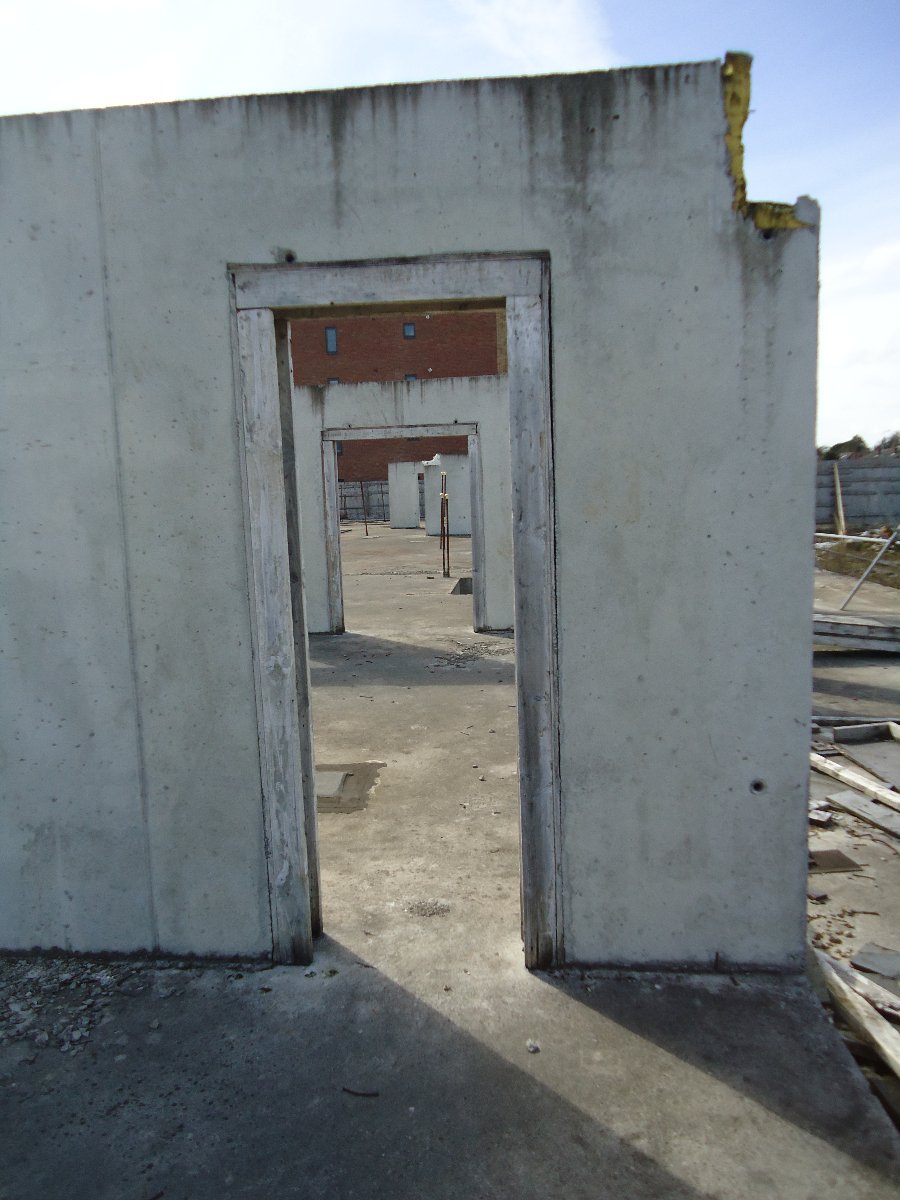A Plot of Land
/By Dermot O’Sullivan:
In a suburb somewhere in Dublin, swarms of pebble-dashed houses clamour silently about the fringes of an oblong patch of land. Long ago, this plot was just one of the countless green fields that mantled the foothills of the mountains. Then it was the last one, lost among the new grey sprawl. Finally, it was flooded with cement and cinder blocks.
For many years after this, a dairy and the HB factory coexisted here in convenient symbiosis. Their combined workforce was sufficiently large to make driveway blockage an issue for the locals, even though most of the employees walked to work from the nearby council estates. After bouts of letter writing and public representation, an overflow car park was built and peace returned to the cul-de-sacs.
Then the dairy was shut down and demolished. The rubble was piled in heaps at one end of the flat wasteland and, within a week, the travellers had moved in. Bikes were stolen. Litter and faeces accumulated. Somebody’s son was struck on the cheek with a broken hula-hoop. In short, havoc was unleashed. Letters were written, words were exchanged and the inaugural residents’ association meeting was conducted in the school sports hall. Relief and disappointment mingled when the travellers left without warning one rainy Tuesday morning.
To prevent a repeat, the council constructed a pathetically low wall all around the site and so facilitated its transformation into a hang-out spot for local teenagers. The emerging generation drunk, smoked and fucked themselves through adolescence amid the tangled weeds and shattered masonry. Slugs nested in the slowly rusting cider cans. Cracks in the concrete of the former dairy floor collected a bedding of stained cigarettes butts. Within a couple of years, parts were totally overgrown and the drone of insects in the summer was loud enough to drown out the endless hum of suburban traffic. The overflow car park was decommissioned: its entrance was bricked up and the painted white lines began to dissolve slowly into the tarmac.
During these few years, the HB factory limped on partnerless until it too was shut and flattened. The whole site was levelled and the weeds and beer cans were swept away. The walls were raised and a security guard was appointed, fully equipped with a Beware of Dogs sign though not with any actual dogs. Baked teenagers gazing at headless dolls or rusted bicycles left by the travellers, and drunken ones rolling on the ground blocking orifices, were no longer tolerated. The land was worth something now and something was going to happen. Then it happened: a block of retail units was built. Then a block of stylish apartments. A giant electrical goods store opened. A second block of apartments was planned. Then the calendar rolled on and hit 2—0—0—8.
The other retail units are still vacant: their big bellies of glass hold gloomy interiors strewn with pallets and plastic sheeting. The cement dust has settled in deep undisturbed drifts. Not one of the apartments has sold. Their silent rooms are full of unconnected bathtubs and unused floor tiles. Their unpainted grey windowsills are speckled with pigeon droppings. Beads of damp sweat gather in the high corners.
The security guard still sits in his little box, but soon he too will have to go. Perhaps, at the same time, the apartments will be boarded up or even torn down. Or perhaps not. In any case, it seems likely that one day the empty space will return and sober and stupefied brains alike will stare at the rubble or scaffolding or whatever it is that comes next.
***
Dermot O'Sullivan is an Irish writer whose work has been published in various journals including The Honest Ulsterman, Causeway/Cabhsair, The Dalhousie Review and Fence. He currently lives in Brazil, where he recently had his first full-length play produced.





